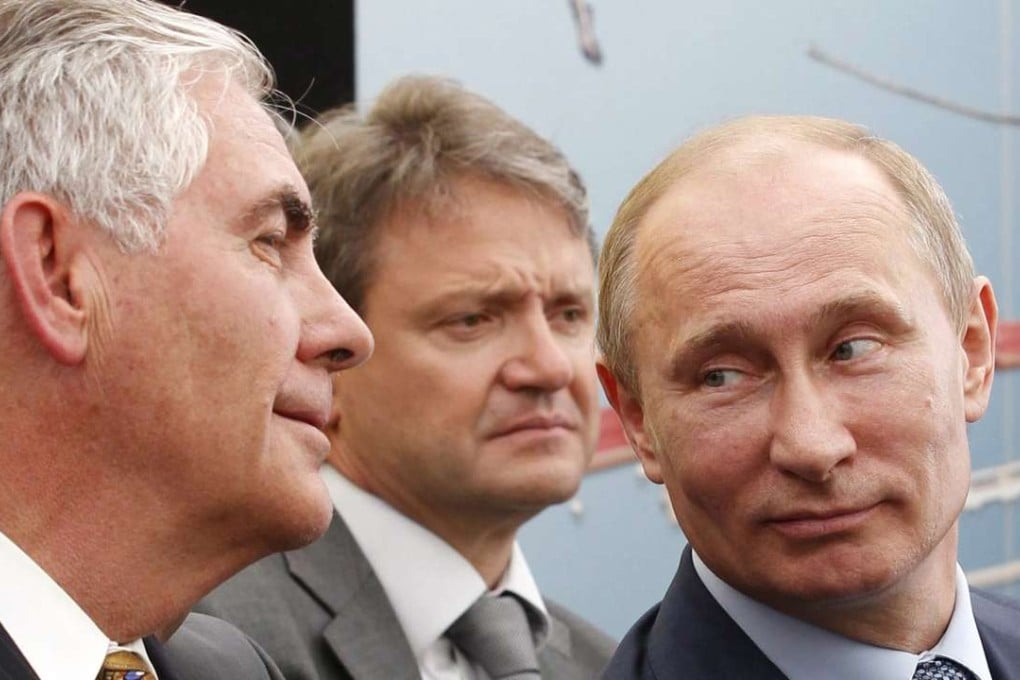‘More known unknowns ahead’ for Sino-US ties with Tillerson as Trump’s top diplomat
Nominee developed deal-making skills as head of world’s biggest oil and gas company

US president-elect Donald Trump’s nomination of Rex Tillerson, the head of the world’s largest oil and gas company, as his secretary of state could make the complex Sino-US relationship more unpredictable due to Tillerson’s lack of diplomatic experience, observers say.
They view the ExxonMobil chief executive’s nomination as further evidence that Trump, who has no government experience himself, intends to shake up America’s foreign policy.
Zhiqun Zhu, director of the China Institute at Bucknell University, Pennsylvania, said Trump tended to view everything from a business perspective, believed everything could be negotiated, and seemed bent on radically changing US foreign policy.
“We are entering uncharted territory and one wonders whether a business negotiator can really handle complex political and diplomatic issues,” he said.
Steve Tsang, director of the London-based SOAS China Institute, said Tillerson would be in office solely due to Trump’s patronage and would carry no baggage from government service, such as allegiance to the decades-old one-China policy.
